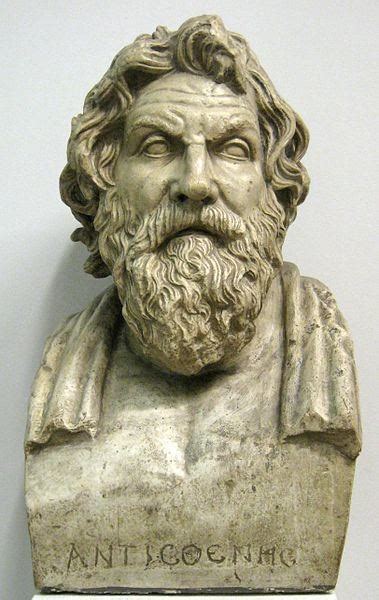A Quote by Diogenes Laertius
Plato was continually saying to Xenocrates, "Sacrifice to the Graces.
Quote Topics
Related Quotes
Complaisance, though in itself it be scarce reckoned in the number of moral virtues, is that which gives a lustre to every talent a man can be possessed of. It was Plato's advice to an unpolished writer that he should sacrifice to the graces. In the same manner I would advise every man of learning, who would not appear in the world a mere scholar or philosopher, to make himself master of the social virtue which I have here mentioned.
Through Plato, Aristotle came to believe in God; but Plato never attempted to prove His reality. Aristotle had to do so. Plato contemplated Him; Aristotle produced arguments to demonstrate Him. Plato never defined Him; but Aristotle thought God through logically, and concluded with entire satisfaction to himself that He was the Unmoved Mover.
We do not very often come across opportunities for exercising strength, magnanimity, or magnificence; but gentleness, temperance, modesty, and humility, are graces which ought to colour everything we do. There may be virtues of a more exalted mould, but... these are the most continually called for in daily life.
Socrates: Have you noticed on our journey how often the citizens of this new land remind each other it is a free country? Plato: I have, and think it odd they do this.Socrates: How so, Plato?Plato: It is like reminding a baker he is a baker, or a sculptor he is asculptor.Socrates: You mean to say if someone is convinced of their trade, they haveno need to be reminded.Plato: That is correct.Socrates: I agree. If these citizens were convinced of their freedom, they would not need reminders.






































